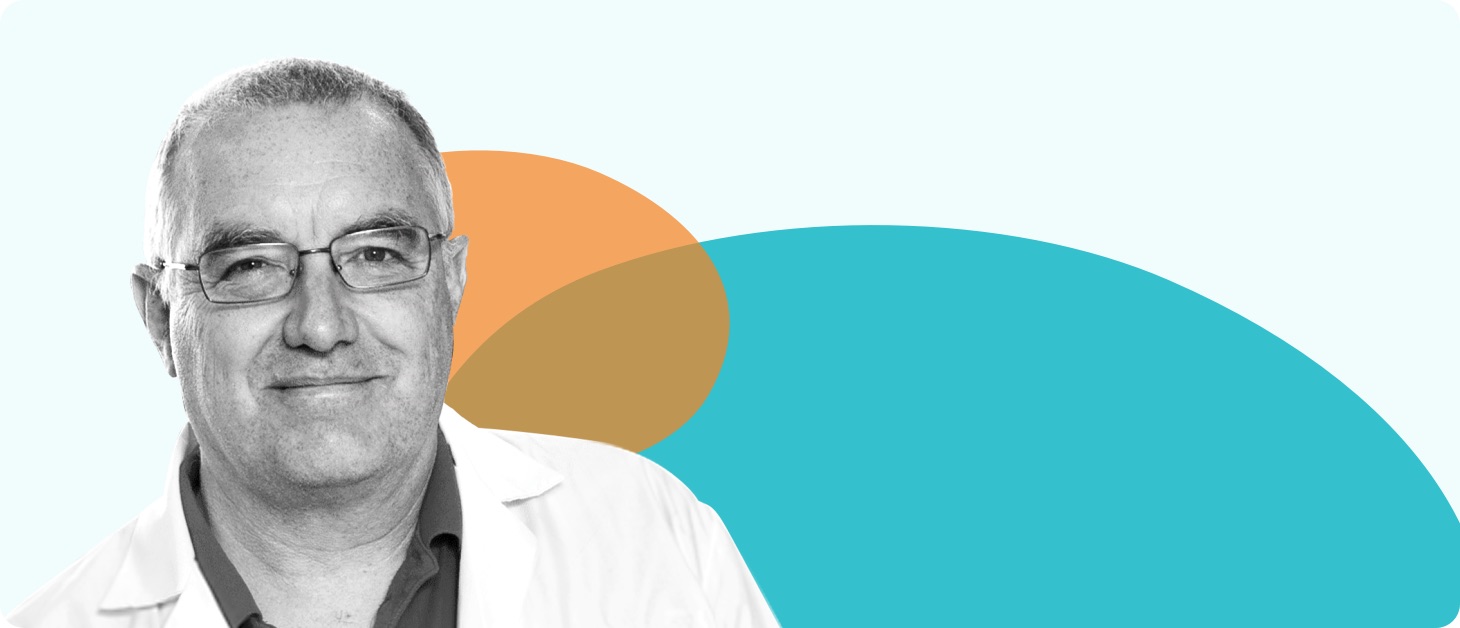Every dollar makes a difference.

John Bell, PhD
Ottawa Hospital Research Institute
When John Bell, PhD, and his team of bright, young scholars from around the globe go to work at the Ottawa Hospital Cancer Centre (Ottawa, ON, Canada), they come face-to-face with the inspiration for their work – people of all shapes, sizes and walks of life who are battling cancer.
“We’ve got to do something about this!” says Dr. Bell with a sense of urgency. “Cancer is way beyond a biological problem. It is a massive social problem that impacts patients, families and society as a whole. As but one example, it is the leading cause of bankruptcy in North America.”
“It’s not right that people are suffering from the treatments as well as the disease,” says Dr. Bell. “Current therapies are not as effective as they need to be. Our goal is to change people’s lives, to try to make it so these patients can leave the clinic today without needing to come back tomorrow. That’s how we’ll define success.”
Dr. Bell began working with viruses while earning his PhD. He went on to apply that knowledge and experience to a calling to make a difference in people’s lives by solving the frustrating puzzles posed by cancer.
“As cancer cells mutate and evolve from normal cells, they make a deal with the devil,” says Dr. Bell. “They give up their ability to fight virus infections in exchange for immortality and the ability to grow quickly. Oncolytic viruses can exploit this genetic defect in tumors. The key is getting the right virus to recognize the right tissue…and then destroy it.”
“Chemotherapy, for example, is good at killing cells, but it’s not always good at differentiating between normal cells and tumor tissue,” Bell says. “But on the other hand, the virus therapeutics are very selective for cancer cells so that side effects are minimal.”
With funding from Alliance for Cancer Gene Therapy and in partnership with David Stojdl, PhD, of the Children’s Hospital of Eastern Ontario (Ottawa, ON, Canada), Dr. Bell and colleagues closely examined more than 200 viruses found in nature. Eventually, a promising candidate emerged – a virus that originated with a bird on the east coast of the United States. The viability of this virus as a potential treatment for glioblastoma was further explored and the virus eventually was cloned into a synthetic virus that could be manipulated for safe and potentially effective therapeutic purposes.
These breakthroughs advanced Dr. Bell and his team to the critical next step – clinical trials to test the potential of this virus in actual glioblastoma patients. Backed by the knowledge, experience, and data generated by the Alliance for Cancer Gene Therapy-funded work, Drs. Bell and Stojdl were able to justify and attract the additional necessary funding for these clinical trials, which are scheduled to begin in 2020.
“Our work is challenging,” says Dr. Bell, “but the greater challenge is to be able to do it. There’s no shortage of ideas, but financially it’s always a struggle. There’s just not enough money in the system for bright young researchers to ask the kinds of questions that could change the world.”
“It’s expensive to conduct research,” says Dr. Bell. “Most research laboratories, ours included struggle to stretch their budgets and juggle priorities to make things work. This is why public donations are so incredibly powerful and appreciated. Every dollar makes a difference and is truly appreciated.”
This Alliance for Cancer Gene Therapy Research Fellow is funded by Swim Across America.
“Most research laboratories struggle to stretch their budgets and juggle priorities to make things work. This is why public donations are so incredibly powerful and appreciated. Every dollar makes a difference.”



